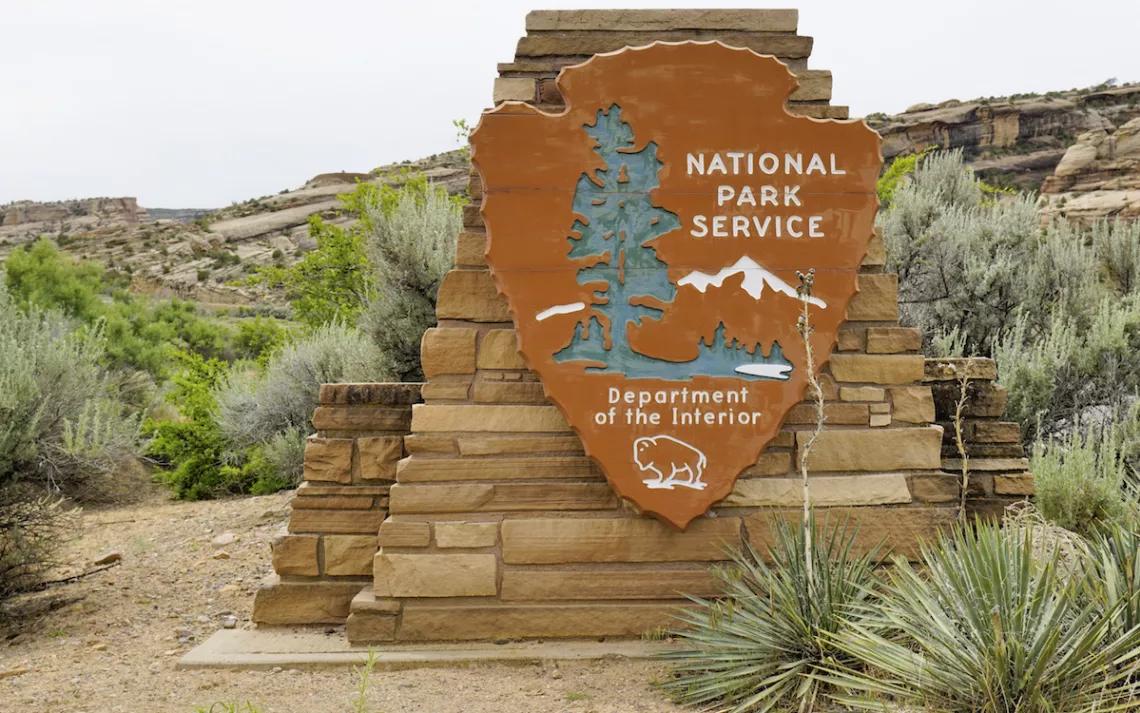Scientists Quit National Park System Board Amid Official Indifference
Academics and researchers say Interior Secretary Zinke ignored them

Photo by RiverNorthPhotography iStock
Last week, 10 of the 12 members of the National Park System Advisory Board submitted their resignation to Interior Secretary Ryan Zinke to protest having been ignored during the year since the Trump administration came into office.
In a January 15 letter to Zinke, former Alaska governor Tony Knowles, chair of the advisory board, wrote, “We understand the complexity of transition, but our requests to engage have been ignored, and the matters on which we wanted to brief the new department team are clearly not part of its agenda . . . from all of the events of the past year, I have a profound concern that the mission of stewardship, protection, and advancement of our national parks has been set aside.”
Eight other members of the advisory board signed Knowles’s letter. In a separate letter on January 17, a 10th member joined the exodus.
Although the law requires the interior secretary to meet with the board twice a year, the resigning board members claimed that Zinke ignored their requests to convene over the course of his first year in office. Knowles told NPR that the advisory board was not consulted on “arbitrary” Interior decisions such as the proposal to increase visitor fees at 17 popular national parks.
The bipartisan board of social- and natural-science academics and former elected officials was established in 1935 to advise the National Park Service director and interior secretary on matters related to national park administration, management, and programs. Members of the board are appointed by the interior secretary for four-year terms; all 12 members were appointed during the Obama administration. The terms for the remaining two members of the advisory board will expire in May.
According to Carolyn Finney, an assistant professor at the University of Kentucky and one of those who resigned, some of the projects the advisory board had been working on for nearly eight years lost momentum once Zinke took over the agency.
“None of us want to be done, but when the person who’s in charge doesn’t let you in the room, we can’t move forward and do what we want to do,” Finney said. “He’s the boss.” Rather than fade away when their terms expire in May, the 10 members of the advisory board used the power they had left to make a statement by resigning en masse.
According to E&E News, the resigning members were also frustrated by the Interior Department’s approach to climate change. In August, the Trump administration rescinded a 2016 Obama administration order to focus on climate change when making park management decisions, and did so without consulting the advisory board. The order—known as Director’s Order No. 100—was one of National Park Service director Jonathan Jarvis’s last acts before retiring last January. One year later, Zinke has yet to fill the Park Service director position.
Interior Department officials seemed to celebrate the advisory board resignations. In an emailed statement to Reuters, Interior Department spokeswoman Heather Swift said, “We welcome their resignations and would expect nothing less than quitting from members who found it convenient to turn a blind eye to women being sexually harassed at national parks.” Swift asserted it was “patently false” that Interior officials had not engaged with the board. According to Swift, Zinke filed to renew the board’s charter on January 4, and the department communicated with the board as recently as January 8 to “renew their charter, schedule a meeting, and fill vacancies.”
Finney said that she was not aware of former chairman Tony Knowles nor any other member of the advisory board receiving such communication.
Zinke has a habit of leaving his advisory councils in the dust. In May, Zinke suspended the work of over 200 advisory bodies pending review of their charters. Recently, NPR reported that some Interior advisory bodies are still frozen because the department has yet to approve their updated charters, as is legally required under the Federal Advisory Committee Act. Two of the Bureau of Land Management’s 38 resource advisory councils—Rocky Mountain and Southwest Colorado—postponed their January meetings because their charters were out of date. Zinke also disbanded two existing advisory bodies: the Wildlife and Hunting Heritage Conservation Council and the Advisory Committee on Climate Change and Natural Resource Science.
The resigning members of the National Park System Advisory Board have the support of some members of Congress. In a statement on Tuesday, ranking member of the Senate Committee on Energy and Natural Resources Maria Cantwell, a Washington Democrat, asserted that “Secretary Zinke’s refusal to even meet with members of the National Park System Advisory Board is further evidence of the Trump administration’s disregard for our national parks.” She continued, “His disregard of the advisory board is just another example of why he has earned an F in stewardship.”
Though they are no longer on the advisory board, the resigning members are committed to continually engaging in the public conversation about the way the Trump administration is handling public lands, and board members plan to continue their work for the betterment of the national parks. “I resigned from the board, but I’m not resigned to the circumstance,” Finney said.
 The Magazine of The Sierra Club
The Magazine of The Sierra Club